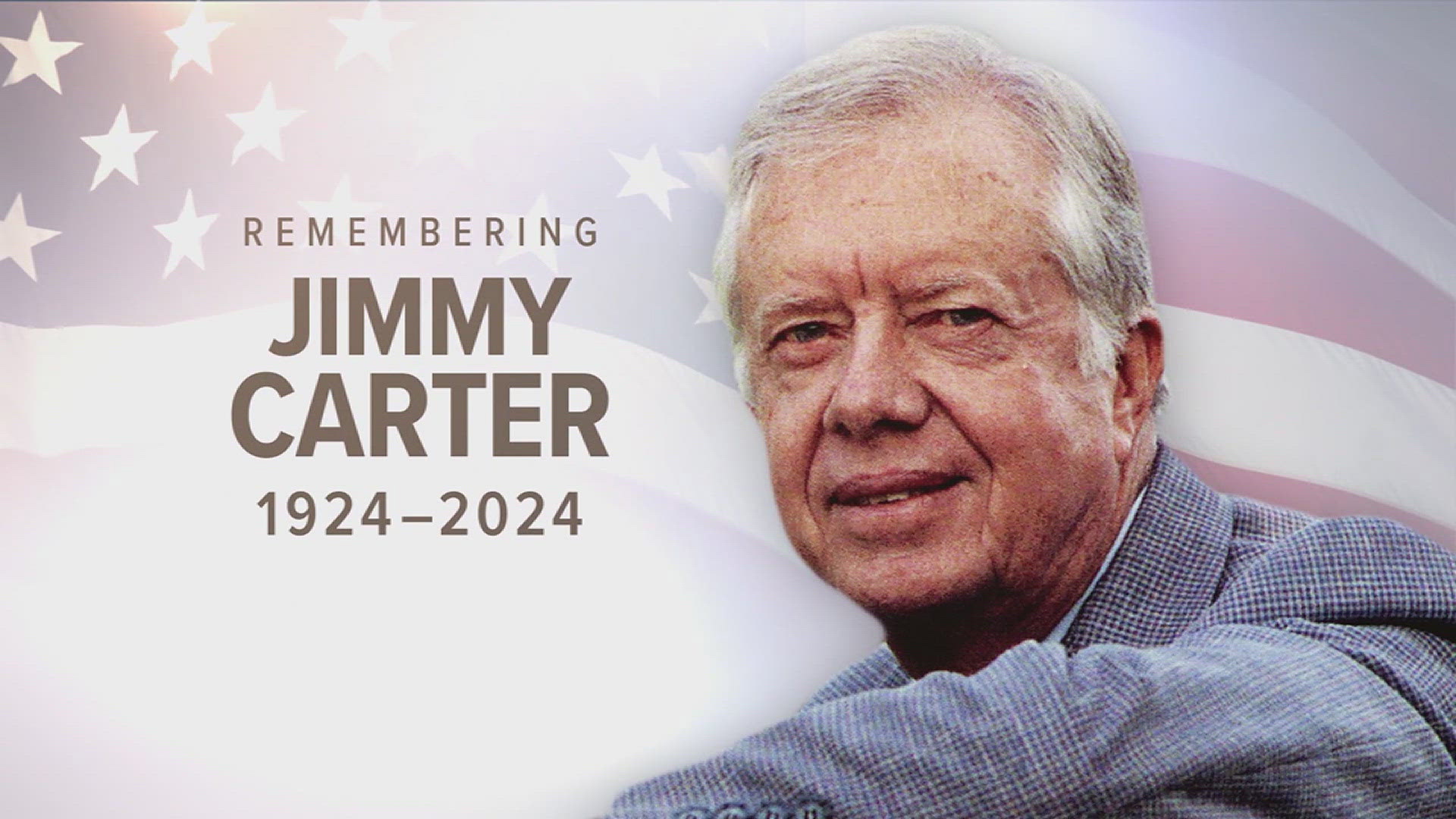(Akiit.com) Much to celebrate, much work to be done…
The Black male crisis was the topic last week at the 18th annual PUSH-Excel scholarship breakfast honoring the legacy of Rev. Dr. Martin Luther King Jr. I had the distinct pleasure of sharing the stage that morning with two great Black male icons: the Rev. Jesse Jackson Sr. and Bill Cosby.
Cosby, in his trademark casual dress – a mohair sweater, matching corduroys and a pair of Timberland boots – delivered a monologue that was funny at times, but also sharp and unabashedly critical of Black parents and Black youth. Specifically, Cosby’s com-ments focused on a 15-year-old Black boy he met at a youth empowerment workshop. The young man was sleepy and disengaged from the rest of the group.
That’s because he had been up until 4 a.m. partying and having sex with a girl only 13 years old. Cosby said that when he asked the young man why he stayed up so late when he knew he had to be at the workshop in the morning, the boy replied, “Doing what I gotta do.†The young man has no idea what he “should†be doing to know what he’s “gotta†do. That’s why it is so important for adults to create pathways for our young people.

But Cosby also drove home the point that our youth must also take responsibility for their own actions. “You hear people say, ‘There are no Black leaders,’†Cosby said to the audience. “That’s because there are no followers.†Cosby’s no-holds-barred critique of low-income Blacks has earned him much criticism in the Black community.
But his toughlove approach, I believe, raises even more important questions about what Black institutions can do to help solve the Black male crisis. So, when I got the chance, I asked Mr. Cosby, in front of the audience of about 1,800 people, what he thought Black institutions like the Chicago Urban League should be doing to turn around young men like that 15-year-old boy. “Black institutions, you’ve got to get to the parents,†said Cosby. “Fathers are not around to give the message.
You need parents to say, ‘This is where you want to go.’†Cosby went on to call for a boycott of radio stations that play music he believes promotes negative images in the Black community. “We need to treat them like they’re the Ku Klux Klan,†Cosby said, adding these individuals have put the word out to Black youth to ignore the advice of older people. I understand Mr. Cosby’s frustration.
There have been a lot of books and special reports written about the plight of Black men, including the National Urban League’s 2007 State of Black America study. Television commentators from Tavis Smiley of Black Entertainment Television to Paula Zahn on CNN have tackled the issue. Church- and community-based groups reach out to Black men, providing everything from a place to lay down to a hot meal. Still, a substantial segment of our community is trapped in the downward spiral.
We’re constantly reminded of the grim statistics about the number of Black men who are in prison or out of work. At last week’s breakfast, Rev. Jackson introduced a young man named Courtney Carson. He was one of six Black boys who received one- to two-year suspensions from a high school in Decatur after a 17-second fight at a football game.You may recall how hard Revs. Jackson and state Sen. James Meeks (D-15th) fought to make sure those young men received an education.
They led marches and stood up to critics who said they shouldn’t get involved. They had to get involved not only for those six young men, but for all the Black boys who are more likely to be tossed out of schools under zero tolerance policies, potentially altering the course of their lives. But Courtney Carson beat the odds. He went on to finish college, earning a bachelor’s degree in communications and religious studies. That young man was rescued. Jackson has his methods. Cosby has his.
At the Chicago Urban League, we have ours. But the mission is the same: We’re out to rescue our young Black men, to take them back, to nurture them, to say, ‘You’re forgiven for your wrongs. Now, here’s a second chance.’ †As Cosby so eloquently put it, “Every child is like a lamp you’ve got to polish.†Whatever your methods are, be sincere, be determined and start rubbing.
Written By Cheryle R. Jackson









Leave a Reply